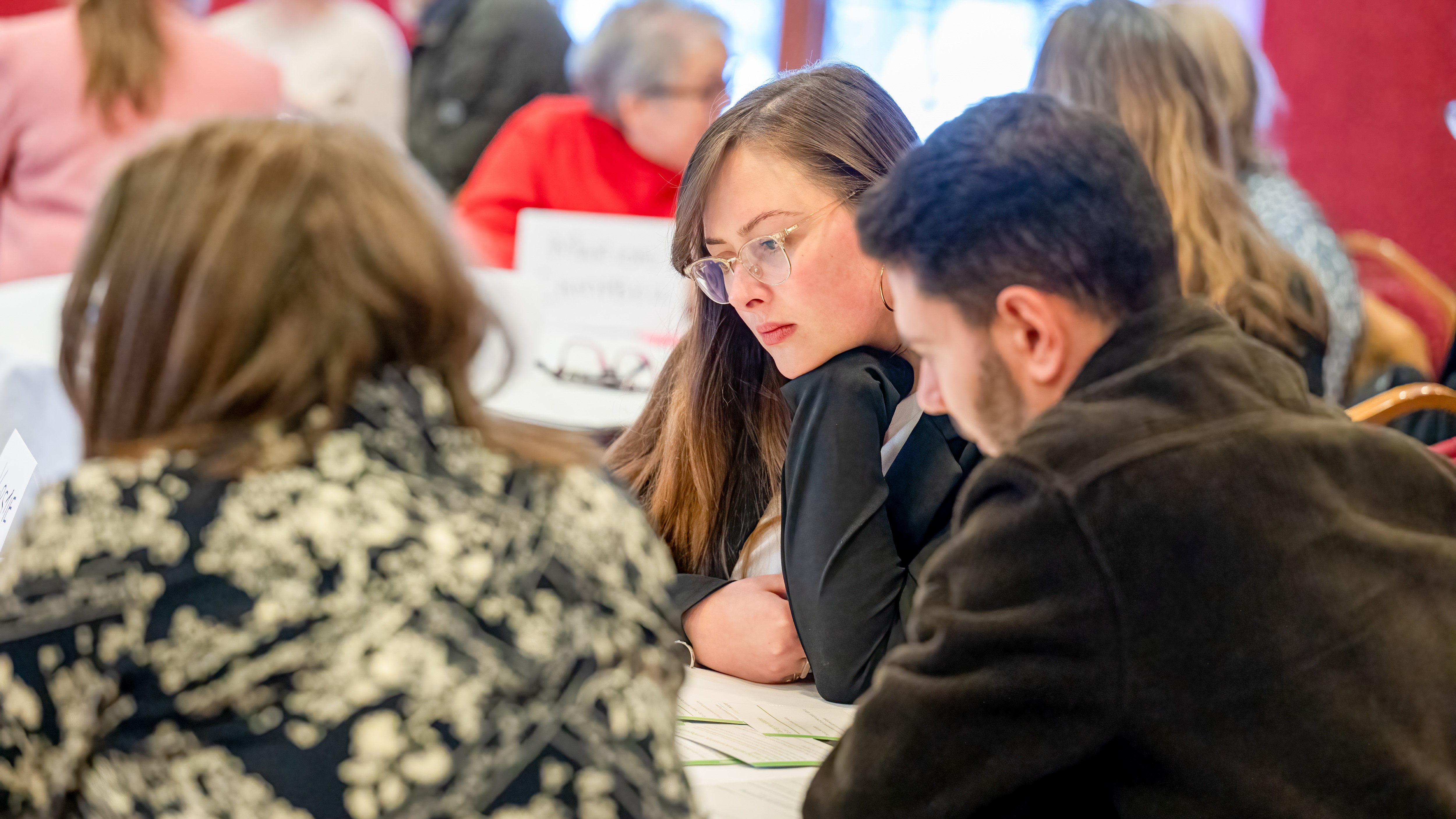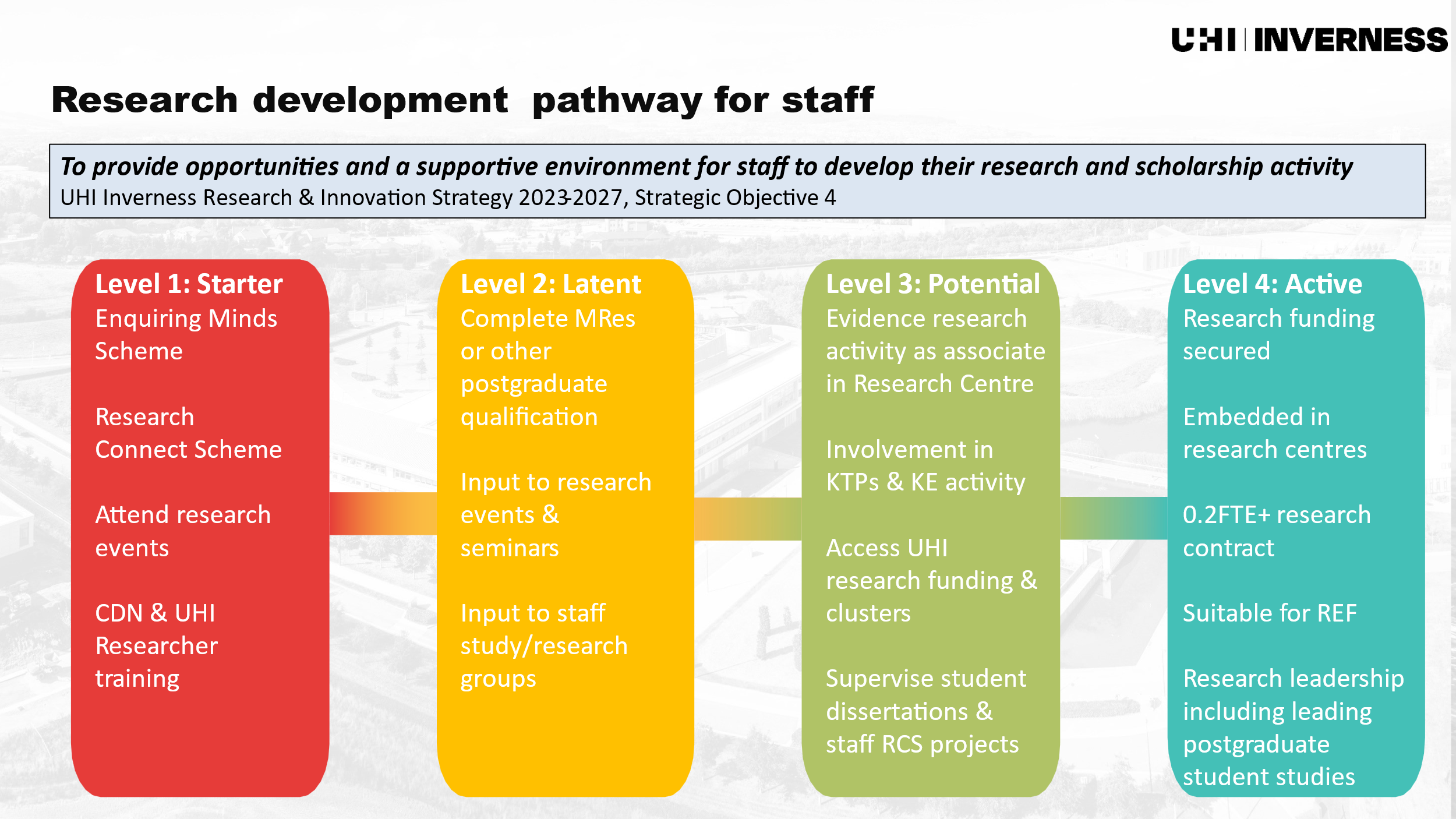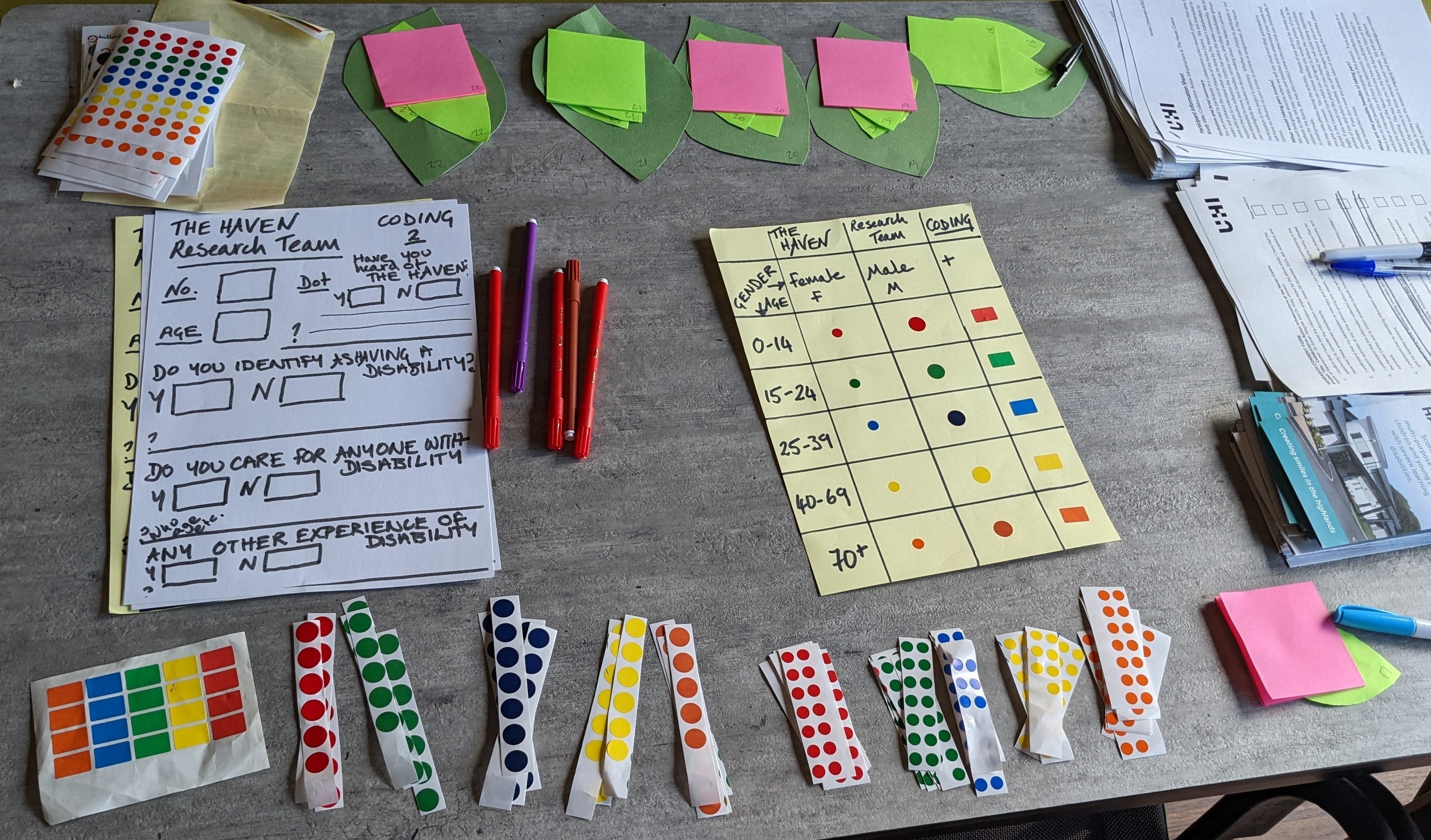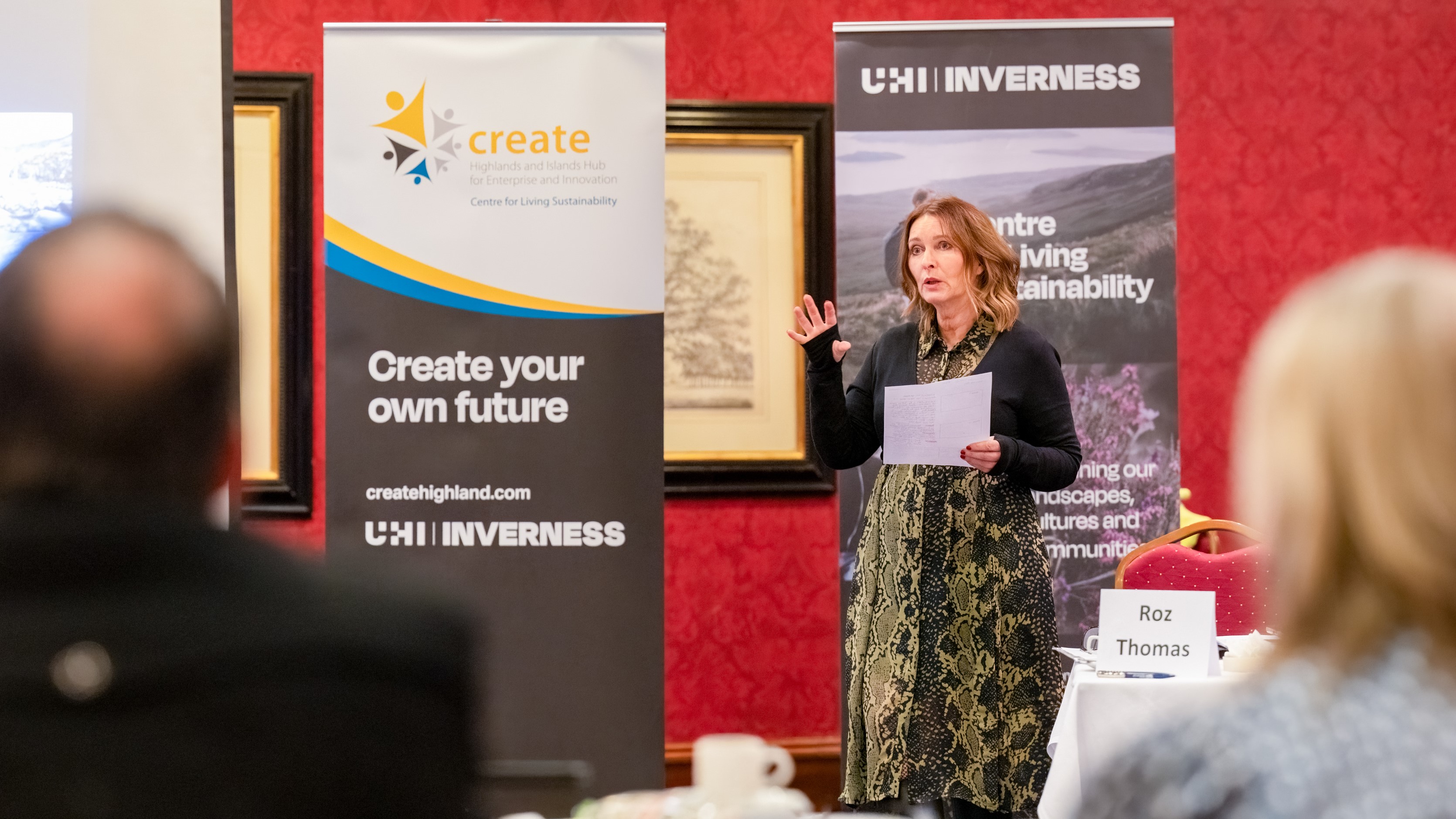Research environment
The Centre for Living Sustainability (CLS) seeks to contribute new ideas for inclusive sustainable development that challenges inequalities. This includes carrying out creative and applied research embedded in communities and consists of hierarchies of knowledge, social norms and intergenerational dynamics in communities and structural inequalities.
Research about intergenerational differences in everyday lives and aspirations is inclusive of children and youth, who are recognised as having the energy and creativity to motivate others. By building partnerships and creative spaces for dialogue, we link people in communities, civil society, enterprises, and policy makers together as agents of change.
We undertake this by –

Building capacity, scholarship and research informed teaching
Building capacity, scholarship and research informed teaching
CLS supports staff that are research active to achieve their visions relating to academic research and also with the process of writing funding bids.
The team works alongside the Professional Development team and the curriculum to support with entering research in the following ways:

Level 1: Starter
- Enquiring Minds Scheme
- Research Connect Scheme (RCS)
- Attend research events
- College Development Network and UHI Research training
Level 2: Latent
- Complete Master of Research or other postgraduate qualification
- Input to research events and seminars
- Input to staff study/research groups
Level 3: Potential
- Evidence research activity as associate in research centre
- Involvement in Knowledge Transfer Partnership or Knowledge Exchange activity
- Access UHI research funding and clusters
- Supervise student dissertations and staff RCS projects
Level 4: Active
- Research funding secured
- Embedded in research centres
- 0.2FTE+ research contract
- Suitable for Research Excellence Framework
- Research leadership including postgraduate student studies
Contact for further information:
Level 1 and 2 - Fiona Gunn or Sharon MacFarlane
Level 3 and 4 - Dr Sarah Wagner or Mel Manwaring-McKay @ research.ic@uhi.ac.uk
Research impact
Research impact
Our research has a focus on inclusion and sustainability in communities and is applied and often co-constructed with the groups that we aim to serve. It surfaces the voices of the most marginalised and is carried out in collaboration with local partners in government and non-governmental organisations.
We carry out child and youth centred research that is designed and carried out with young people and addresses their priorities.
- Child and youth poverty and inclusion
- Inclusive work in communities using creative practice
- Nature and people, for example exploring socio-cultural perspectives on beavers
- Public sector services, for example our work with the Scottish Prison Service

Consultancy and training
Consultancy and training
You can engage our experts to work for you on a consultancy basis. By doing this, you can tap into world class expertise to help get the answers you need, all within a commercial relationship. The benefit for us is that this brings us income to help us to expand our work.
Equally, we offer courses and workshops to develop your staff in the following areas –
- Creativity and design thinking
- Building an enterprising mindset
- Engaging presentations and pitching
- Networking for success
- Catalyst programme which offers training to small businesses and sole traders and focusses in 6 key aspects –
- You and your business
- Innovation-led thinking
- Opportunities
- Business models
- Building networks
- Effective leadership and action planning
To discuss your requirements or the various services we offer, please contact us today!

Community engagement and social impact
Community engagement and social impact
CLS builds on a form of Participatory Action Research called Community Assessment and Action (CAA), originally developed by colleagues from Development Focus Trust.
CAA is an approach that supports community-driven and intergenerational research processes. It mixes creative participatory methods for engaging with people of different ages, genders and socio-cultural backgrounds with coding systems that help to understand how many people and who support different ideas and actions.
It also creates spaces to connect people in communities with decision-makers and broader stakeholders. Examples include local reference groups where voluntary teams can present their ideas and research evidence and community conversations that engage with people about the research results and action plans.
CAA can reach out to engage with marginalised people and to give them a voice in their own development. It works across communities to acknowledge issues of power and to understand realistic options for action to improve lives, services and sustainability.
Frameworks can be developed to identify local indicators and processes for monitoring social and environmental impact.
We can train teams of local residents, professionals and academics to undertake this type of research for community engagement and to develop systems to understand social impact. We can tailor processes to the needs to the commissioner and the local communities that we work with.
We can also facilitate large expert-led and community meetings.